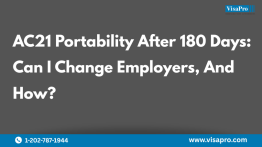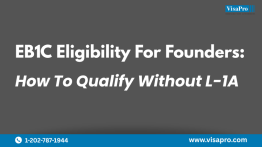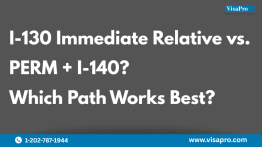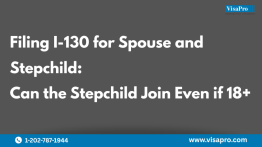Quick Summary:
If the L-1 visa feels out of reach for your start-up- maybe your overseas company’s revenue is too low or your managerial role isn’t clearly defined- you’re not alone. In this article, you’ll discover powerful alternatives like the E-2 and H1B visas that could open the door to your U.S. business goals, even when the L-1 isn’t viable.
Understanding Visa Alternatives When L-1 Isn’t Feasible
The L-1 visa has strict requirements for company structure, executive roles, and foreign operations, and many promising start-ups don’t qualify. But that doesn’t mean your U.S. dreams are over. Visas like the E-2 and H1B offer strong, sometimes even better, pathways for entrepreneurs and foreign professionals seeking to build a future in the U.S.
Whether you’re a founder with a lean foreign operation or an executive without a traditional reporting chain, this article explores real, actionable alternatives that work.
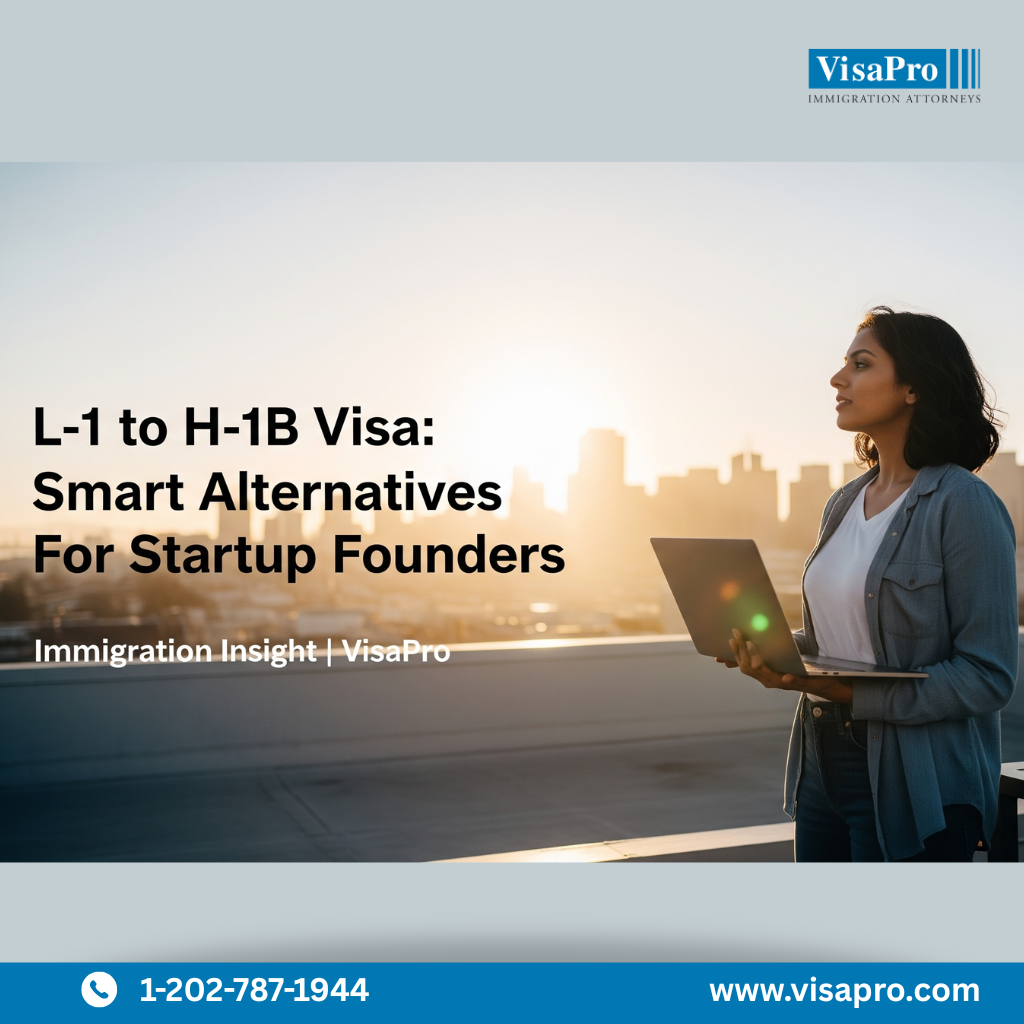
Why the L-1 Visa May Not Work for Your Start-Up
The L-1 requires at least one year of full-time employment abroad in a qualifying role. A well-structured foreign entity which is financially stable is generally also required. Many founders find themselves blocked by these rules, especially if they’ve been multitasking across roles or their foreign company is also still early-stage.
Common roadblocks:
- The foreign company has low or no revenues
- There’s no clear executive or managerial hierarchy
- The U.S. entity was set up first
- The founder doesn’t have 12 full months of qualifying employment abroad
Real-world example: A tech founder in India launched a U.S. Delaware C-Corp for fundraising. But their Indian company, started as a support entity, had no managerial structure or payroll records. They couldn’t qualify for L-1A, but a strategic shift to H1B let them enter and run the U.S. company.
Option 1: E-2 Visa: A Powerful Alternative for Treaty Country Founders
The E-2 investor visa allows entrepreneurs from treaty countries to invest and actively manage a U.S. business. Unlike L-1, it doesn’t require a foreign parent company, long employment history, or executive titles.
Clear answer:
E-2 visas are ideal for founders from treaty countries who want to live in the U.S. and run their business. You must invest a “substantial amount” in a real operating enterprise and prove that you’re actively directing the company.
Key advantages:
- No need for a qualifying foreign company
- Flexible definitions of ownership and control
- Renewable indefinitely (as long as the business is active)
Case Scenario:
A French entrepreneur launches a sustainable fashion line in the U.S., investing $150,000 in retail setup and inventory. Even with limited overseas history, they qualify for the E-2 based on nationality, ownership, and investment level.
E-2 Visa Checklist:
- You’re from a treaty country (e.g., UK, Canada, Japan, Bangladesh, Argentina, etc.)
- Nationals of the treaty country own at least 50% of the U.S. company
- Your investment is sufficient to launch and operate the business
- the company will generate more than just minimal income
Limitations to consider:
- No direct path to Green Card
- Only available to nationals of treaty countries
- Spouse can work; unmarried children under 21 can come to the U.S. with you but cannot work
Tip: Even if you’re not from a treaty country, consider using dual citizenship or adding a qualifying co-founder to pursue the E-2 route.

Option 2: H1B Visa, Newly Optimized for Founders and Entrepreneurs
The H1B visa allows U.S. companies to employ foreign professionals in specialty occupations, including founders and CEOs. While previously tricky for owners to sponsor themselves, updated USCIS guidance now has stronger support for entrepreneur-based H1Bs.
Clear answer:
You can qualify for an H1B even if you are the founder, CEO, or majority owner of the U.S. company
Major benefits:
- Now easier for start-up founders to qualify → strict “employer-employee relationship requirement eliminated
- Provides dual intent (can lead to Green Card)
- STEM graduates may get 3 years (with OPT + STEM extension)
Limitations to consider:
- H1B for start-up owners is limited to 18 months and can be extended for only 18 months, initially.
- Primary job duties must be of a specialty occupation with less than 50% of the time spent on duties involving “running” the star-up
- Spouse cannot work
Case Scenario:
An Indian founder holds a U.S. Master’s in AI. Her Delaware-based AI start-up wins funding. She was selected in the H1B lottery and successfully files under the new entrepreneur-friendly policies.
Key compliance tips:
- Establish clear employment terms and job duties
- Majority of the Beneficiary’s time must be spent in “specialty occupation” duties
- Ensure the company has access to sufficient capital to pay the prevailing wage to the founder and any other initial employees
Tip: Use the STEM OPT → H1B → EB-2/EB-1 pipeline for long-term immigration success.
Option 3: Cap-Exempt H1B, Bypass the Lottery With The Right Partner
Cap-exempt H1Bs allow you to skip the H1B lottery if your role involves working at a university or nonprofit research organization, even as a start-up founder.
Clear answer:
You can qualify for a cap-exempt H1B if your U.S. job is affiliated with a nonprofit university or research institution. This lets you apply anytime, without lottery limits.
How founders can use this:
- Structure a joint role or partnership with a university
- Operate your company within a tech incubator affiliated with a cap-exempt entity
- Teach or conduct research part-time while running your start-up
Case Scenario:
A robotics start-up founder partners with a local university to run joint research. The start-up gains office space in the university innovation hub, and the founder is hired as a part-time tech advisor. This supports a cap-exempt H1B filing.
Tip: VisaPro can help assess if your role qualifies and craft the required affiliation documents.
Comparing L-1, E-2, and H1B Options For Start-Up Founders
| Criteria | L-1 Visa | E-2 Visa | H1B Visa |
|---|---|---|---|
| Requires foreign company |
Yes
|
No
|
No
|
| Employment abroad requirement |
1 year in executive/managerial role
|
None
|
None
|
| Nationality restrictions |
None
|
Treaty countries only
|
None
|
| Employer-employee relationship |
Not applicable
|
Owner-led
|
Owner-led
|
| Dual intent (Green Card path) |
Yes
|
No
|
No
|
| Lottery involved |
No
|
No
|
Yes (unless cap-exempt)
|
| Business investment required |
No
|
Yes – “substantial”
|
No
|
What If You’ve Already Tried (and Failed) the L-1 Route?
You still have options. Many start-up founders are denied L-1s due to structure or documentation gaps, but pivoting quickly can make all the difference.
Case Study: A Pakistani software entrepreneur built a product used by U.S. clients, but his foreign company had only two part-time developers and no financial trail. He consulted VisaPro, who mapped out a cap-exempt H1B plan with a U.S. research center. Within four months, he entered the U.S. legally and grew his business from there.
Lesson: Immigration law is not one-size-fits-all. It’s about strategy, creativity, and timing, especially for innovators.
Ready To Build Your U.S. Future? Let’s Strategize Together
Don’t let visa barriers derail your dream. Whether you’re a solo founder, a global start-up team, or a newly funded innovator, there is a way forward, and VisaPro can help craft your personalized path.
Schedule your Free Visa Strategy Call Today to explore the best U.S. visa route for your business journey.
FAQ: U.S. Visa Options For Start-Up Founders
1.What is the best U.S. visa for startup founders from non-treaty countries?
If you’re not eligible for the E-2, consider the H1B (especially under the updated guidance for founders) or a cap-exempt H1B with a university partner. The L-1 may also be viable if your foreign operations grow.
2.Can I go from an L1 visa to H1B visa if my company structure changes?
Yes, it’s possible to move from an L1 to H1B visa if the new U.S. employer qualifies and you’re selected in the lottery. You’ll need to establish that the majority of your time will be spent working in a specialty occupation.
3.What are the differences between L1 and H1B visa for start-up entrepreneurs?
The L1 visa requires a qualifying foreign company and prior employment, while the H1B visa can be used by start-up founders if structured properly. H1B offers dual intent and can lead to a Green Card more directly.
4.Is there a U.S. visa for entrepreneurs if I don’t have a foreign company?
Yes. The E-2 visa (if you’re from a treaty country) and H1B (with the right planning) do not require a foreign entity. These are among the most common U.S. visas for startup founders.
5.Can I apply for an H1B if I’m the CEO of my own U.S. company?
Yes, but only if you can show that your role qualifies as a specialty occupation. USCIS now accepts H1B filings for founders under updated entrepreneur-friendly rules.
VisaPro has helped thousands of entrepreneurs and innovators build their U.S. dreams, and we can help you, too. Let’s make your journey smoother, smarter, and legally solid.
Click here to request your personalized visa strategy session now.
What VisaPro Customers Are Saying
The US [B-1] Visa has always been a tough ride, and being denied a few times it makes it even worse. But thanks to VisaPro and their meticulous processing I was granted a Visa. I would like to thank you and all the people involved in making this a success. I would like to recommend VisaPro to all those who seek peace of mind and hassle free Visa processing.”
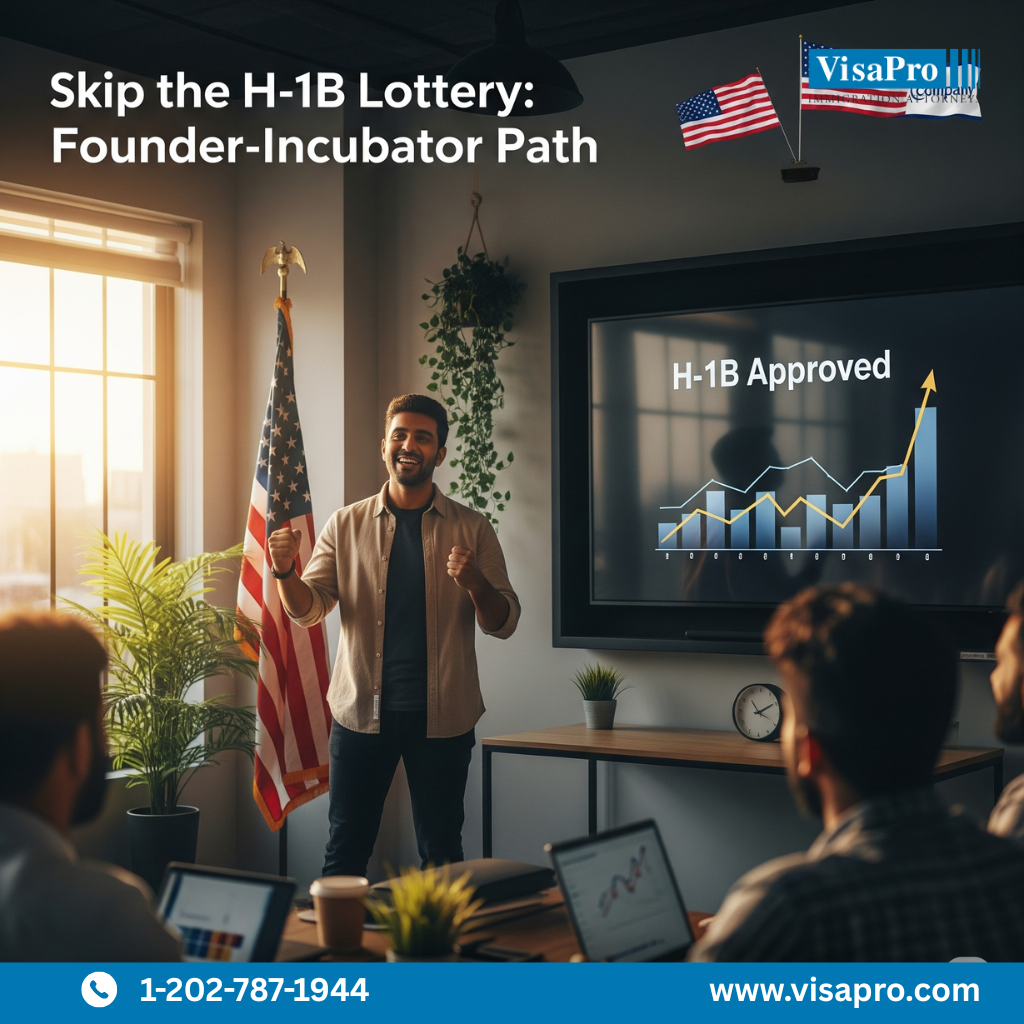
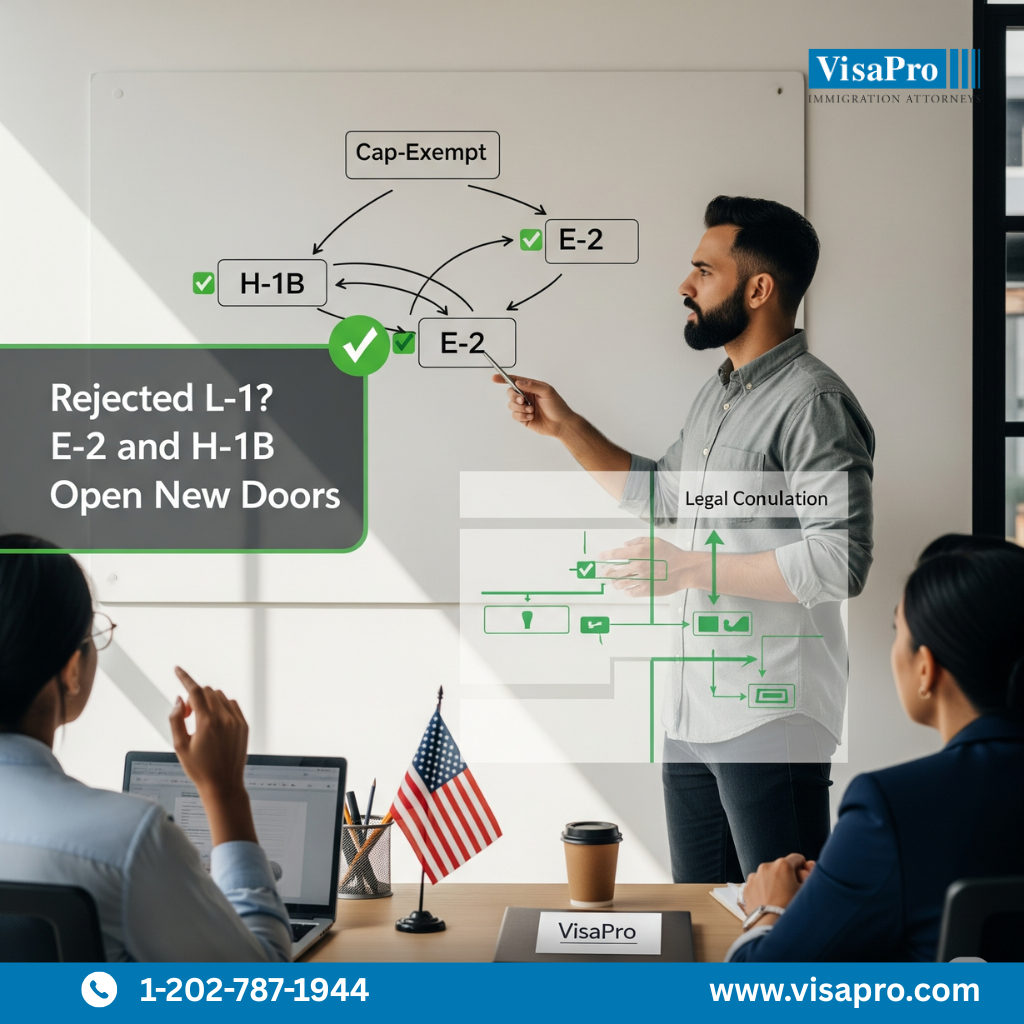
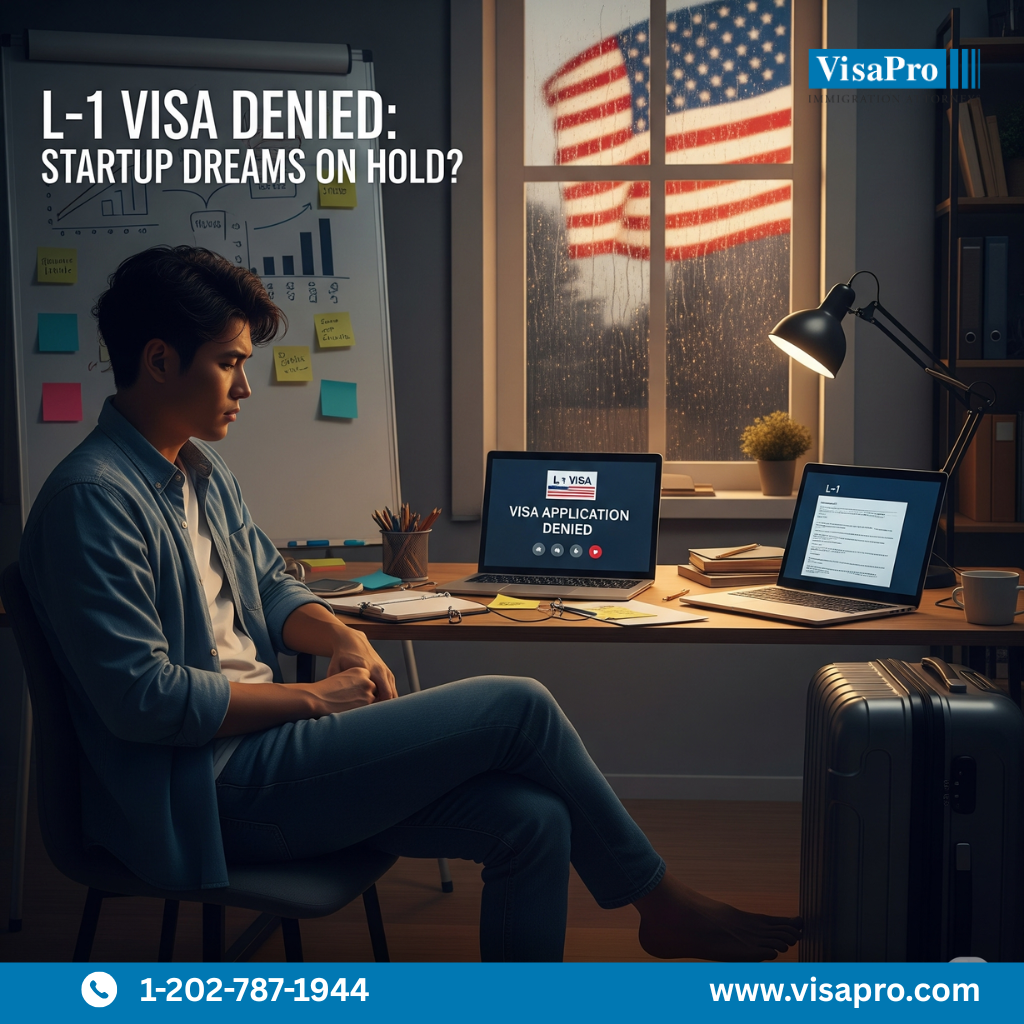
 Manas Bhat, Director Operations, First Houston Mortgage India
Manas Bhat, Director Operations, First Houston Mortgage India